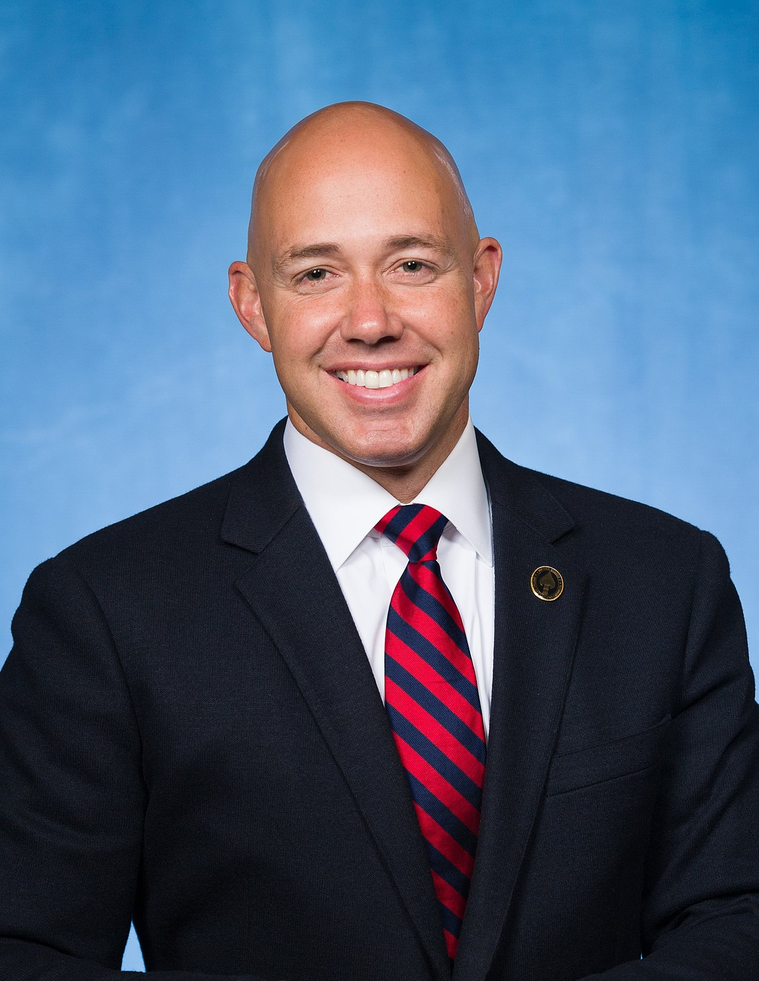H.R. 4211: Brownfields Broadband Deployment Act
This bill, known as the Brownfields Broadband Deployment Act, aims to simplify the process for deploying or modifying communications facilities on brownfield sites. A brownfield site is defined as land that was previously used for industrial purposes and may be contaminated. The key points of the bill are as follows:
Key Provisions
- Exemption from Environmental Reviews: The bill states that a federal approval for a project that involves communications facilities on brownfield sites will not be treated as a significant federal action under the National Environmental Policy Act (NEPA). This means that these projects won’t need to undergo the typical environmental review processes that evaluate their potential environmental impacts.
- Exemption from Historic Preservation Reviews: Similar to the NEPA exemption, the projects will also be exempt from the requirements of the National Historic Preservation Act (NHPA). This means that projects on brownfield sites will not need to consider impacts on historical properties as part of their approval processes.
- Definitions of Key Terms:
- Covered Project: Refers specifically to projects for the deployment or modification of communications facilities that are to occur entirely within a brownfield site and require permits or approvals from the Federal Communications Commission (FCC).
- Communications Facility: This term refers to the equipment and structures used for communication purposes, which is defined by existing federal law.
- Federal Authorization: Encompasses all necessary approvals and permits required under federal law for a covered project.
Implications of the Bill
The bill seeks to accelerate broadband deployment by reducing regulatory hurdles specific to environmental and historical site reviews for projects located on brownfields. Proponents may argue that enabling quicker infrastructure development in these areas can help improve internet access, particularly in underserved regions. Conversely, the lack of environmental and historical reviews may raise concerns regarding potential impacts that could arise from neglecting these considerations.
Conclusion
The bill has significant implications for how communications infrastructure is developed in areas that are rehabilitated from past industrial uses, potentially leading to faster deployment of broadband services in previously underutilized urban areas.
Relevant Companies
- VZ (Verizon Communications Inc.): As a major telecommunications company, Verizon may be directly impacted by this legislation if they plan to deploy broadband services on brownfield sites, as the expedited processes could facilitate their project timelines.
- T (AT&T Inc.): Like Verizon, AT&T could benefit from the reduced regulatory delays when deploying communication infrastructure in brownfield areas.
- CMCSA (Comcast Corporation): Comcast may also be affected by the bill since it provides broadband services and could see faster deployment of their networks on brownfield locations.
This is an AI-generated summary of the bill text. There may be mistakes.
Sponsors
1 sponsor
Actions
2 actions
| Date | Action |
|---|---|
| Jun. 26, 2025 | Introduced in House |
| Jun. 26, 2025 | Referred to the Committee on Energy and Commerce, and in addition to the Committee on Natural Resources, for a period to be subsequently determined by the Speaker, in each case for consideration of such provisions as fall within the jurisdiction of the committee concerned. |
Corporate Lobbying
0 companies lobbying
None found.
* Note that there can be significant delays in lobbying disclosures, and our data may be incomplete.






































